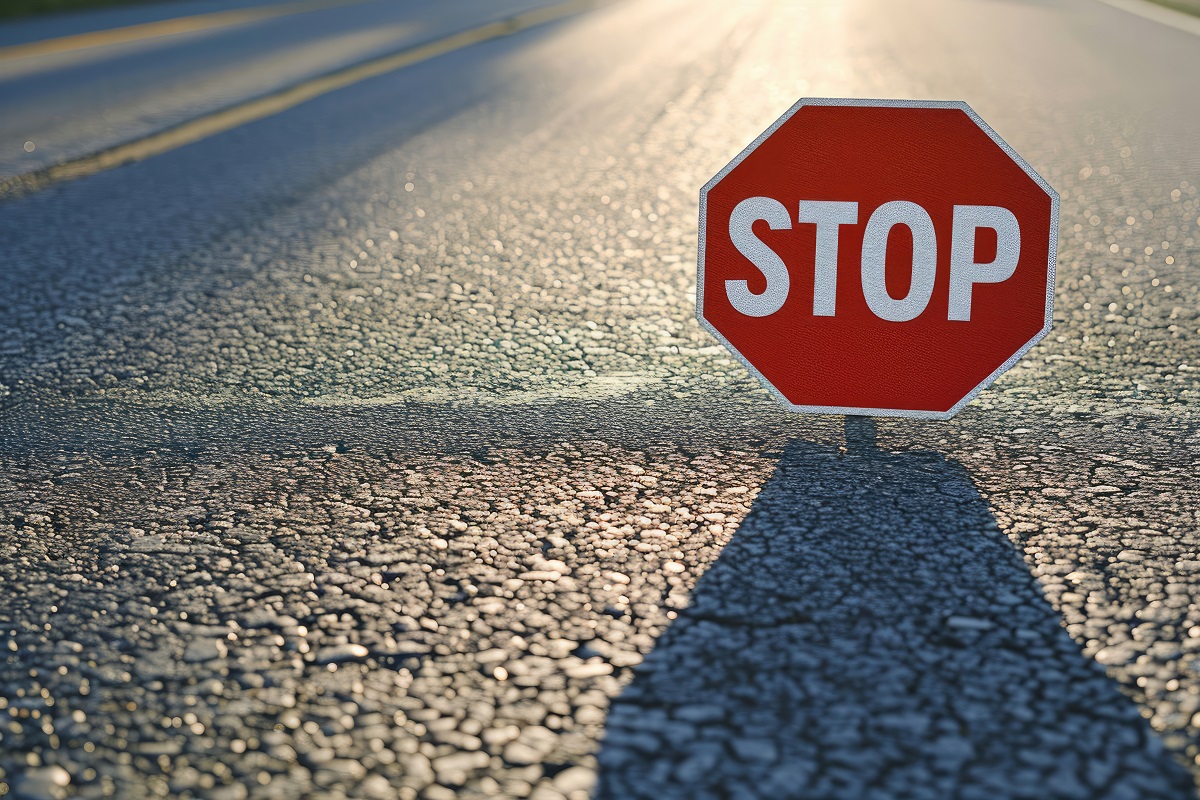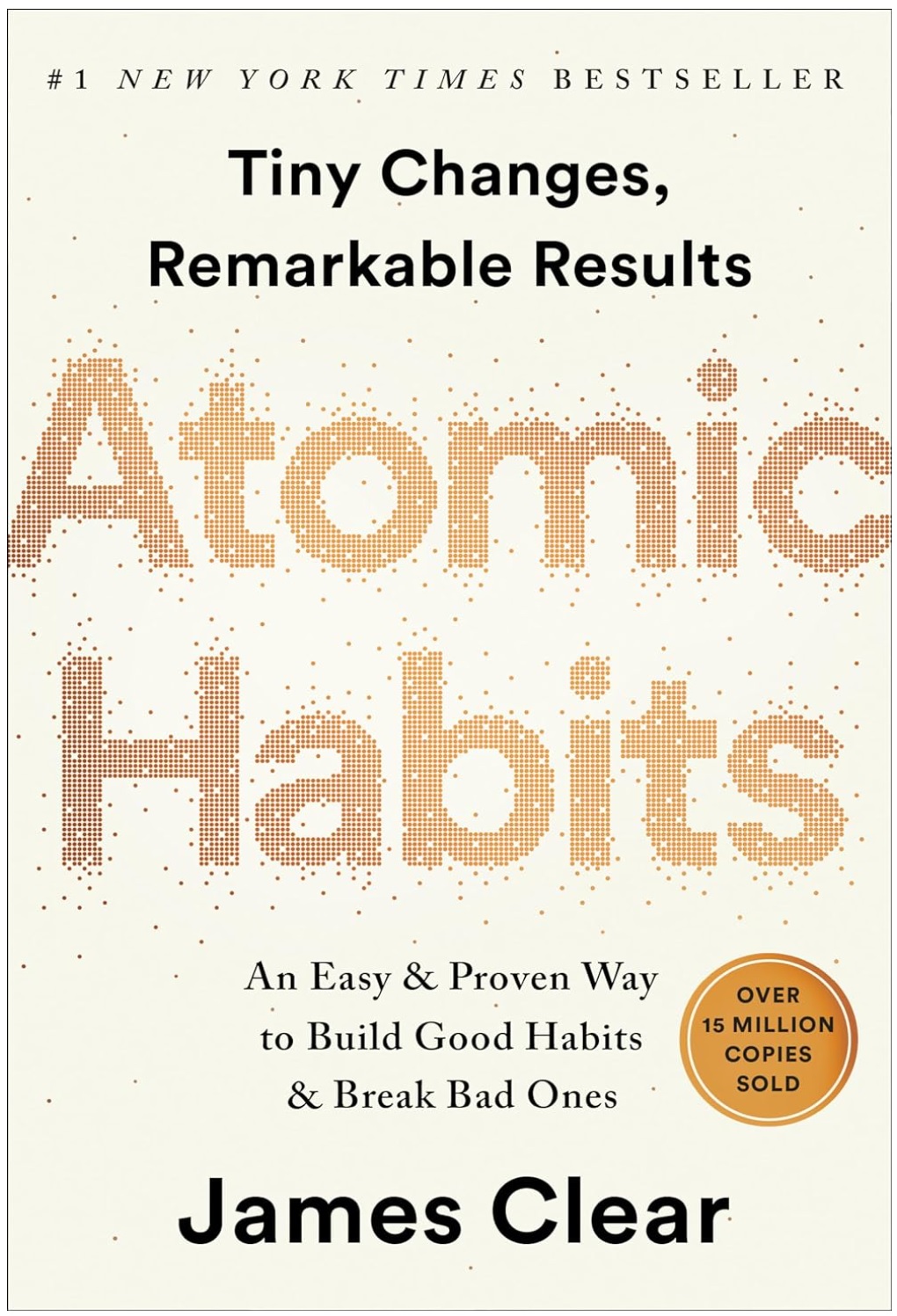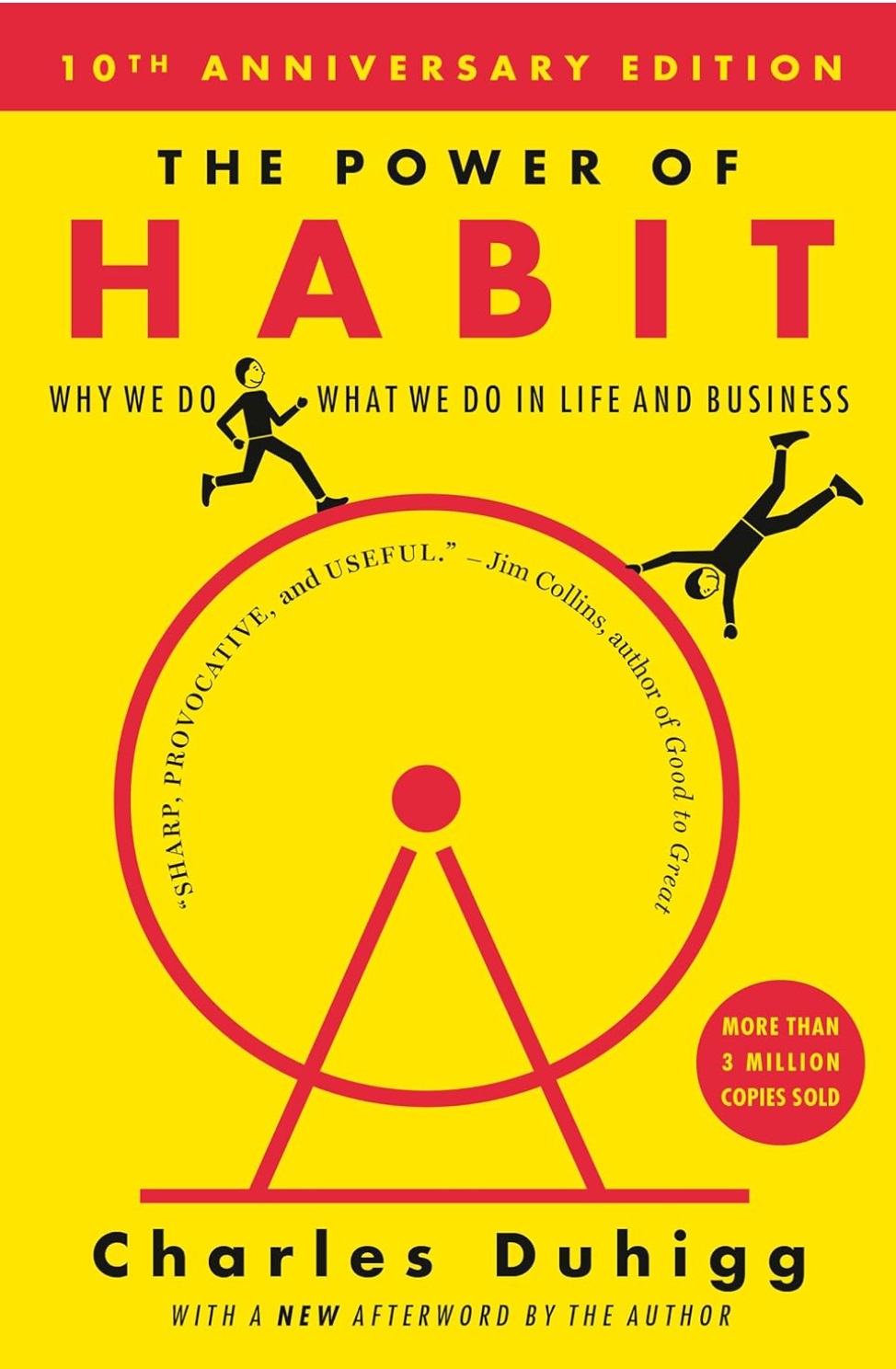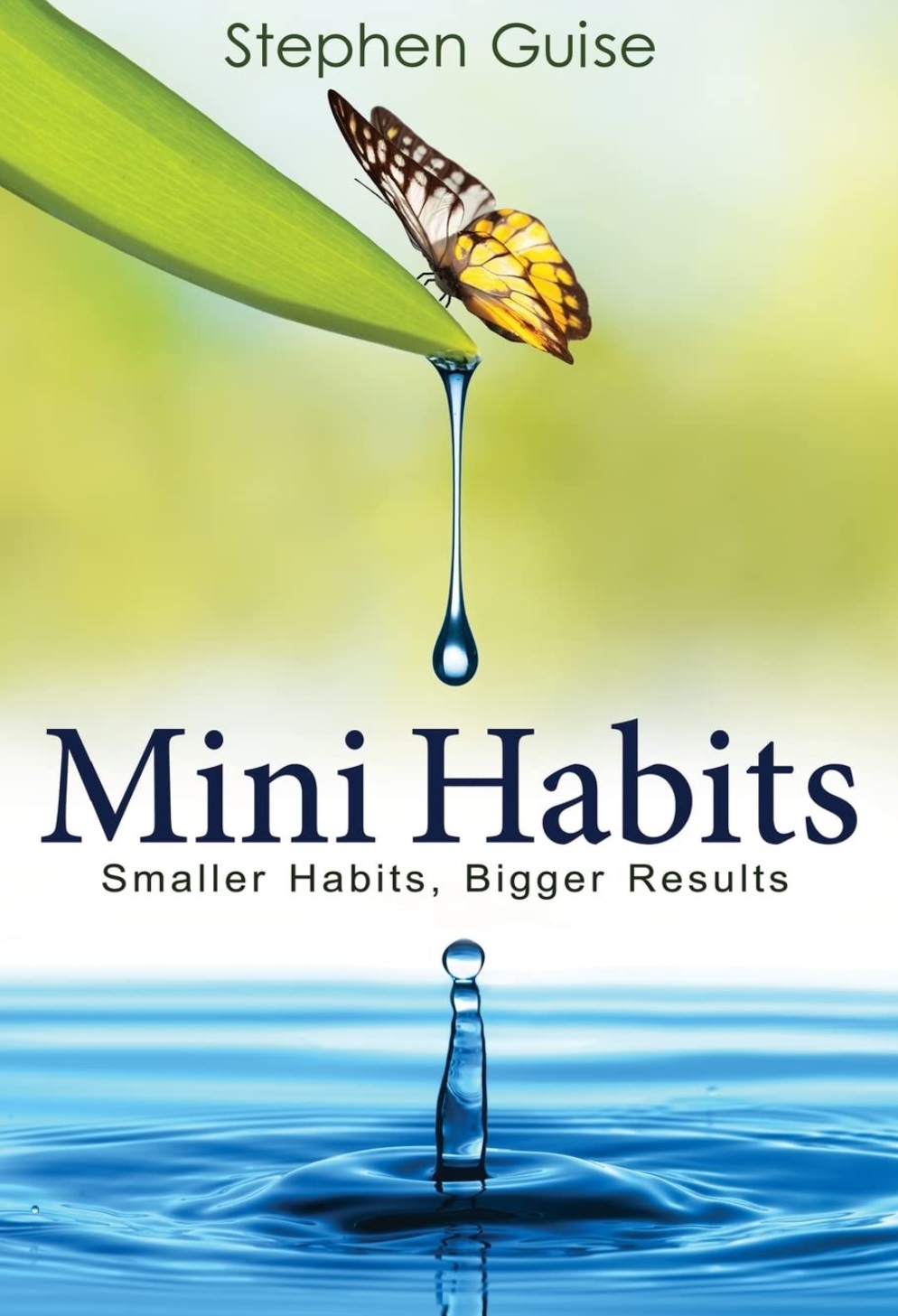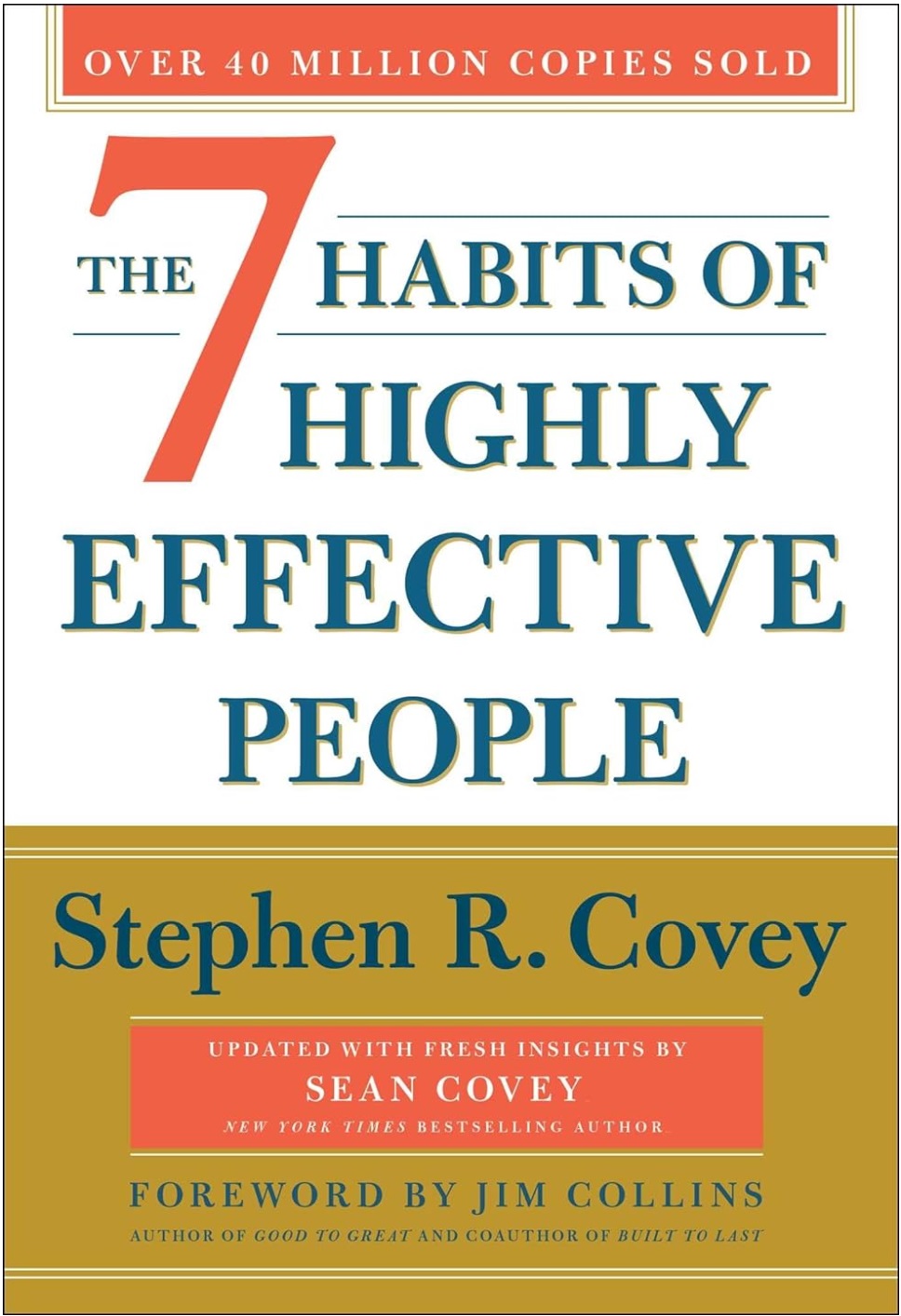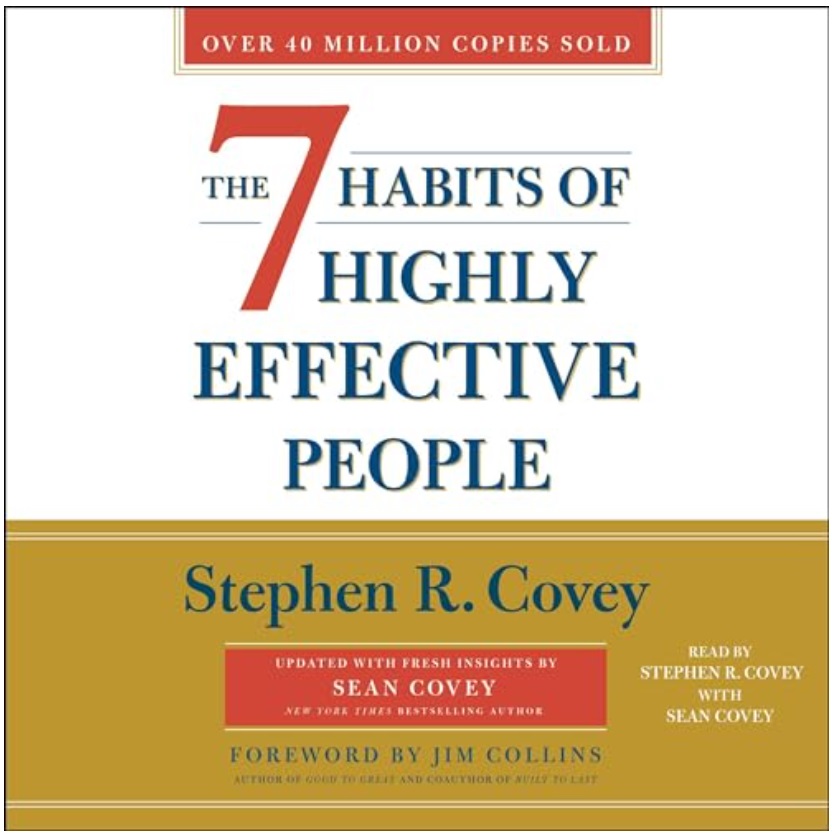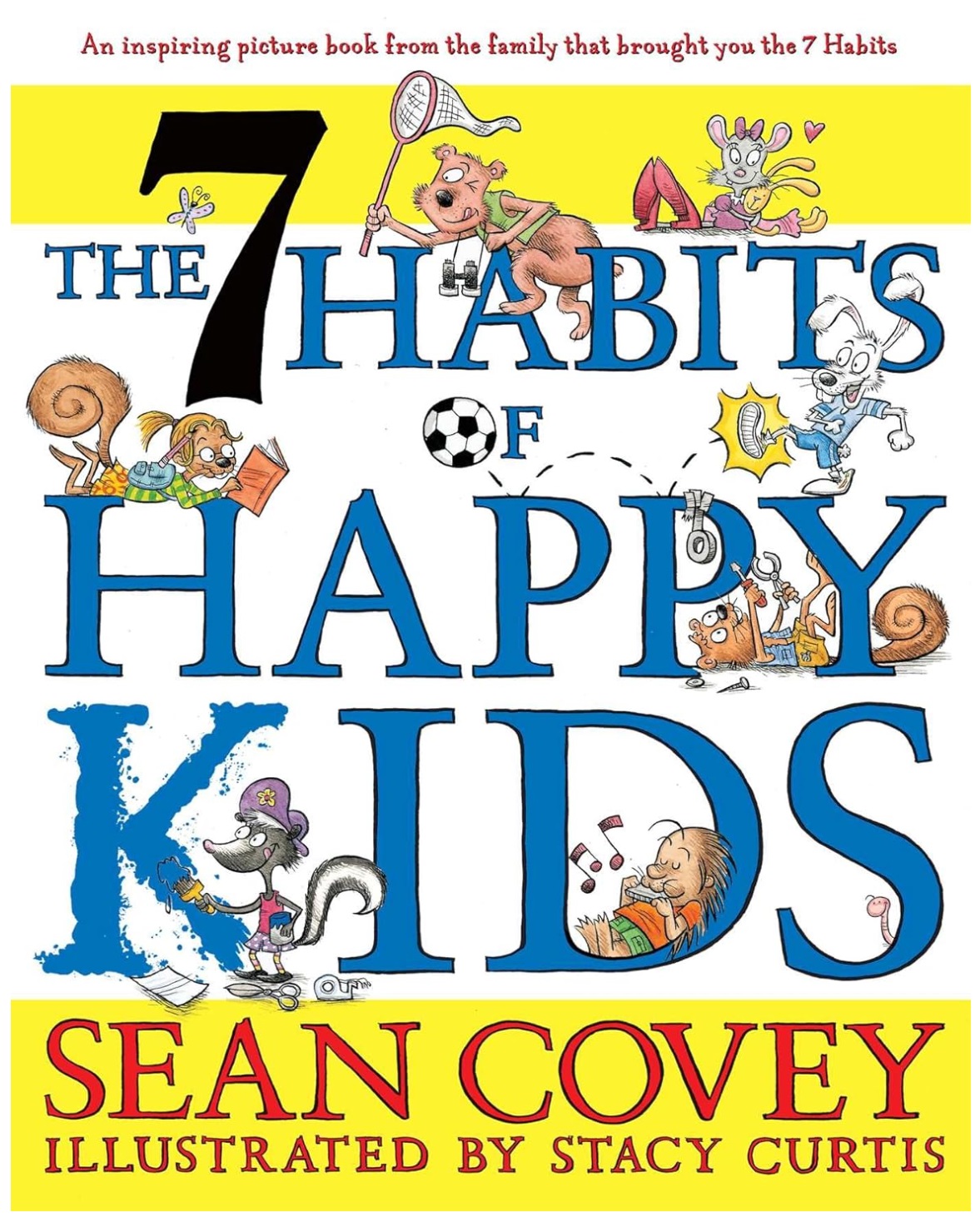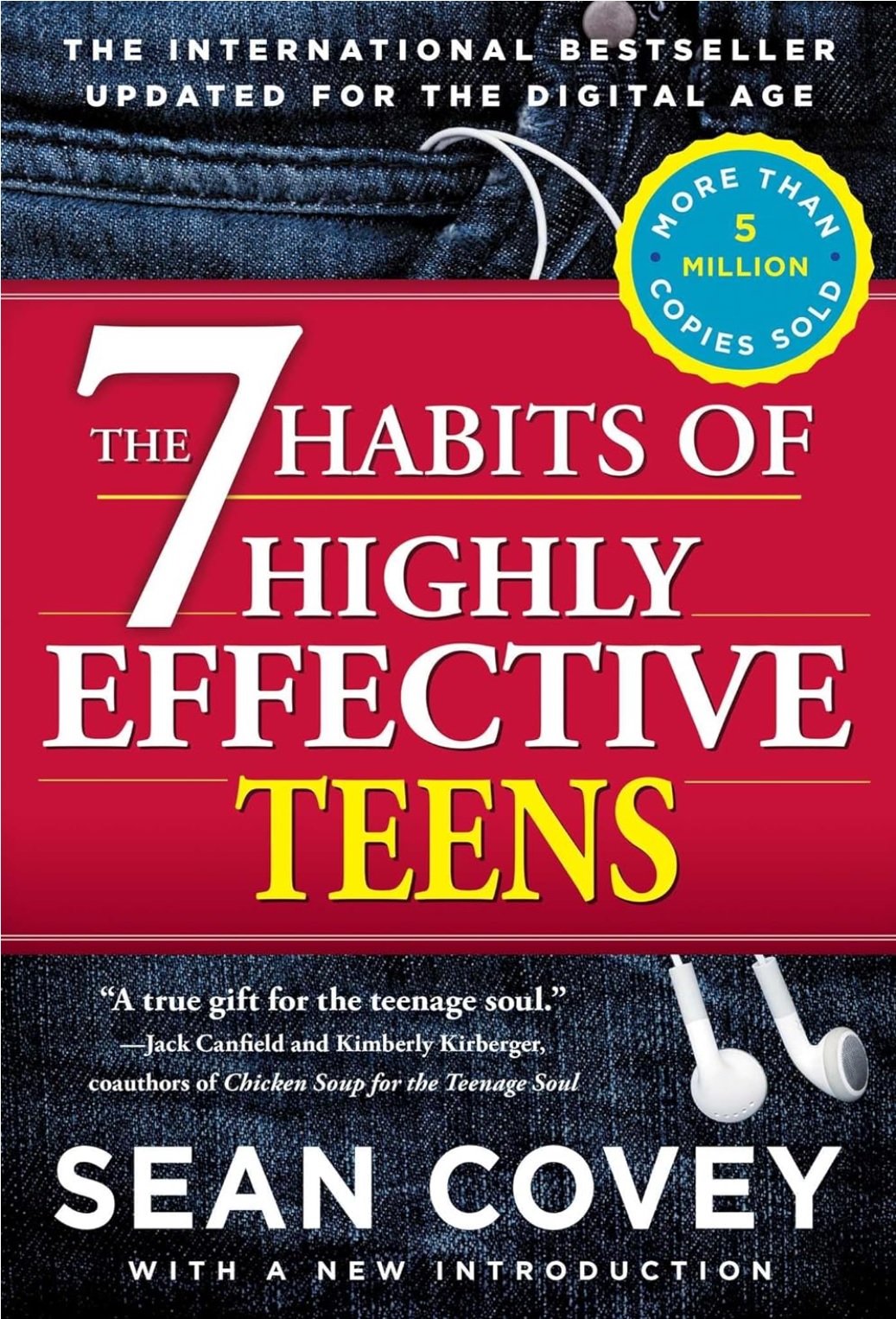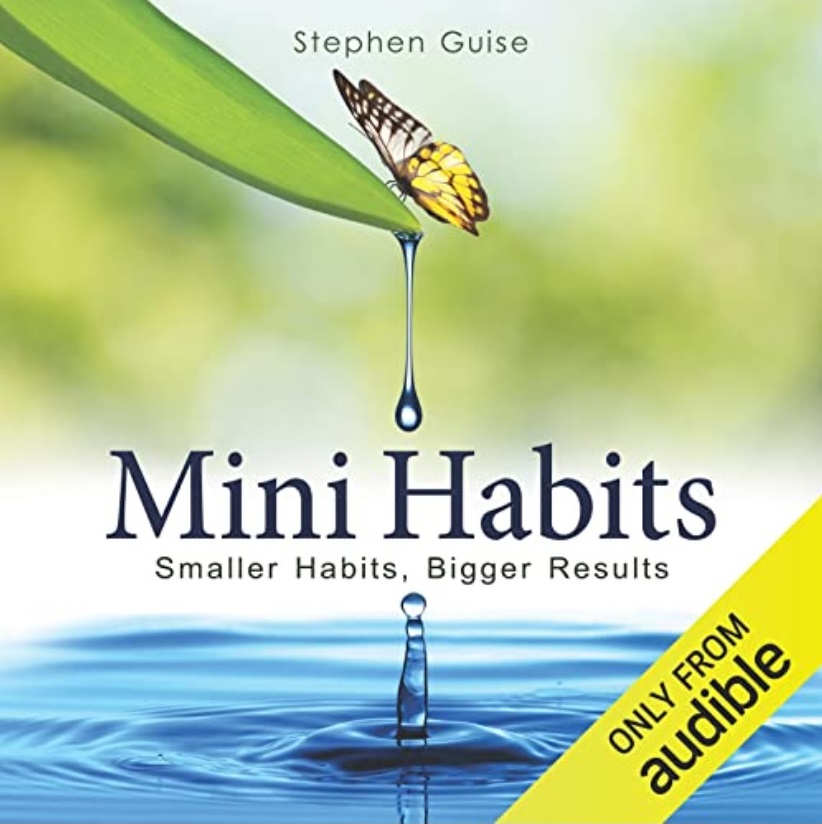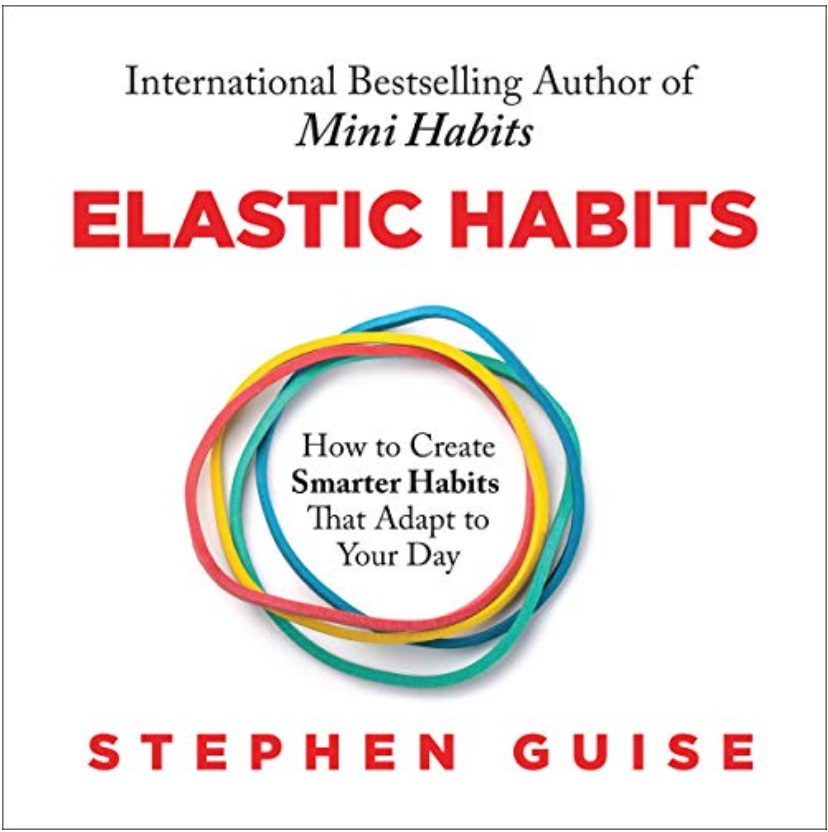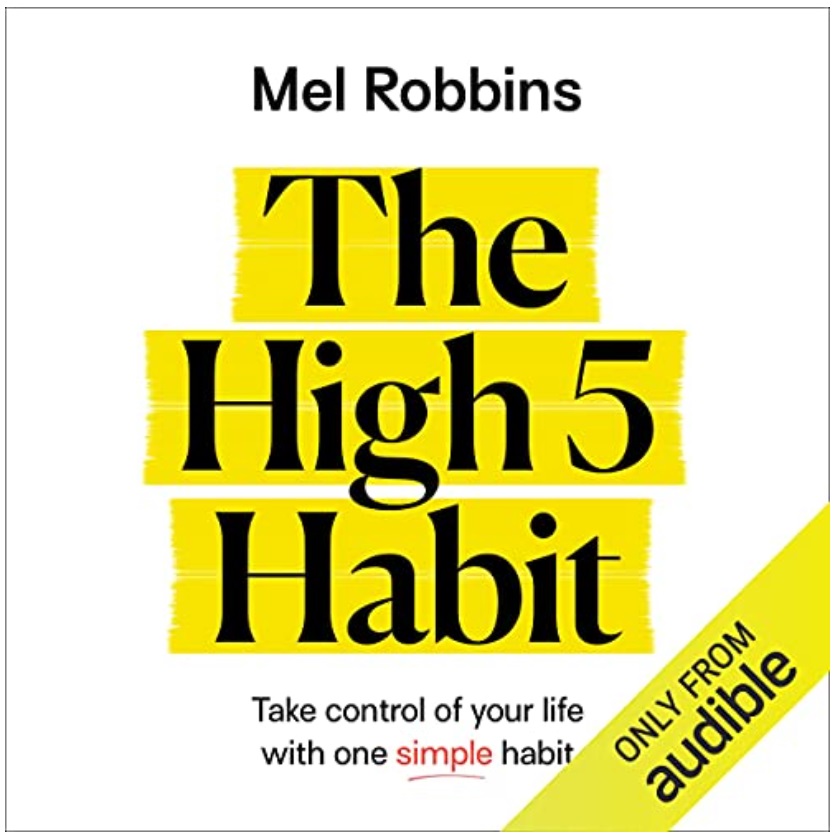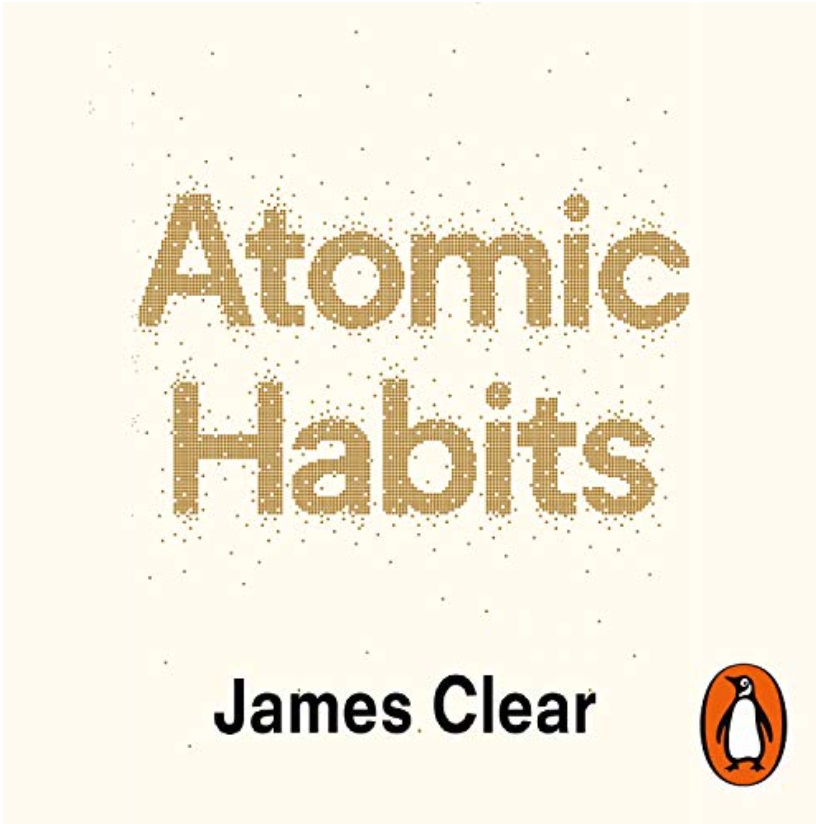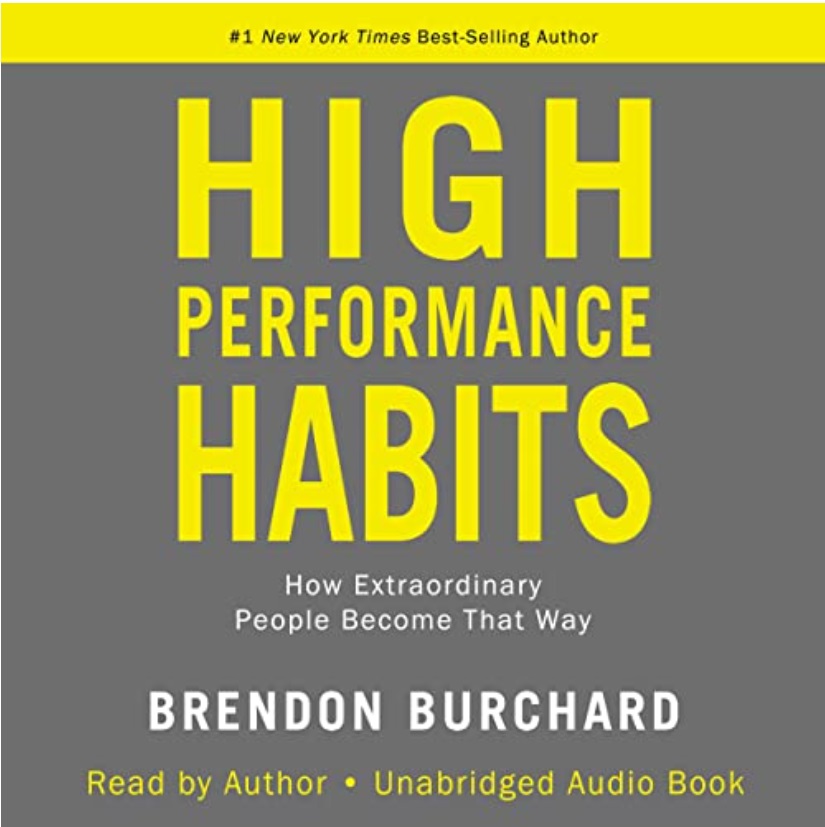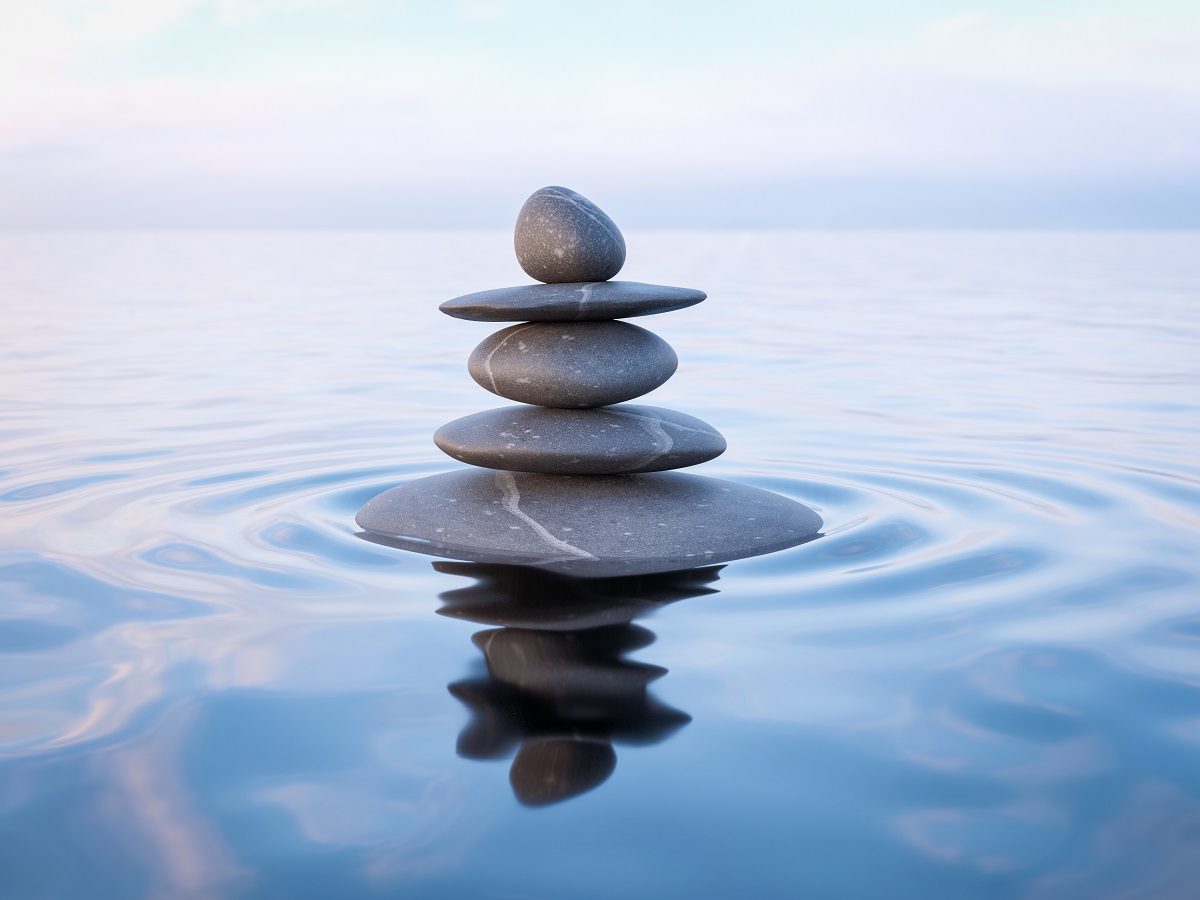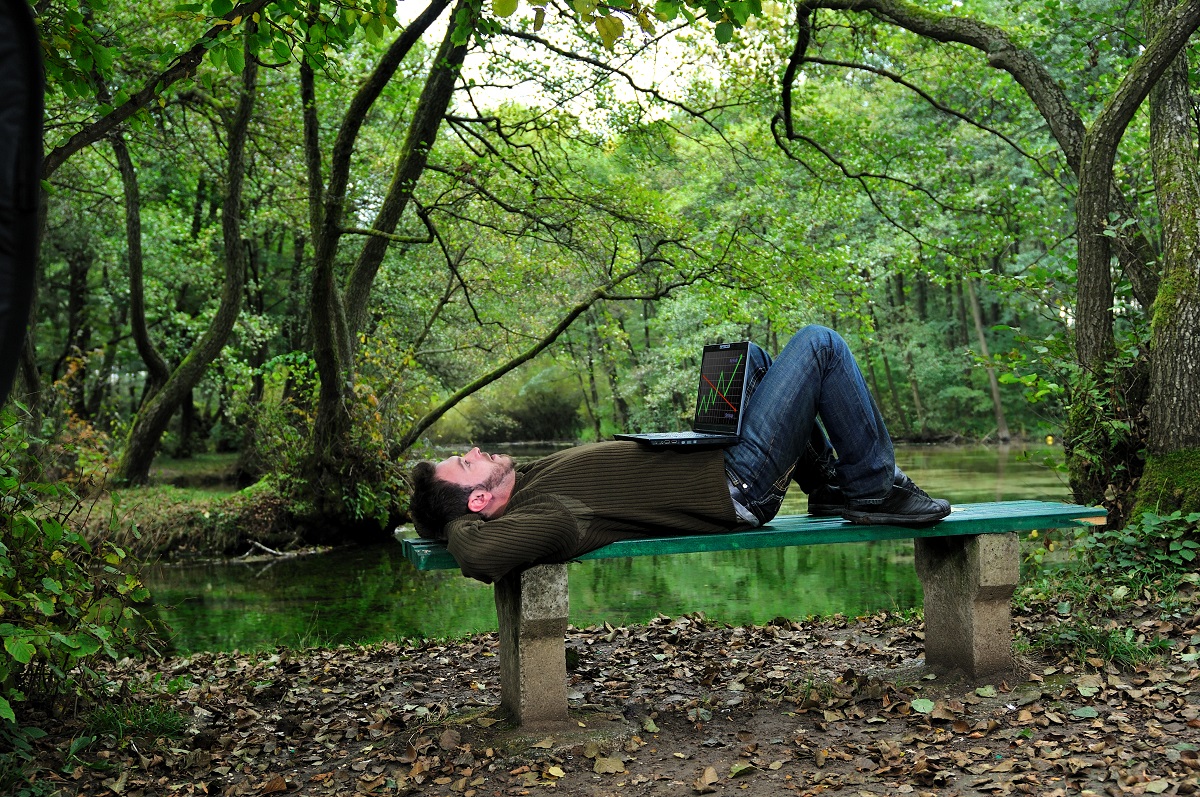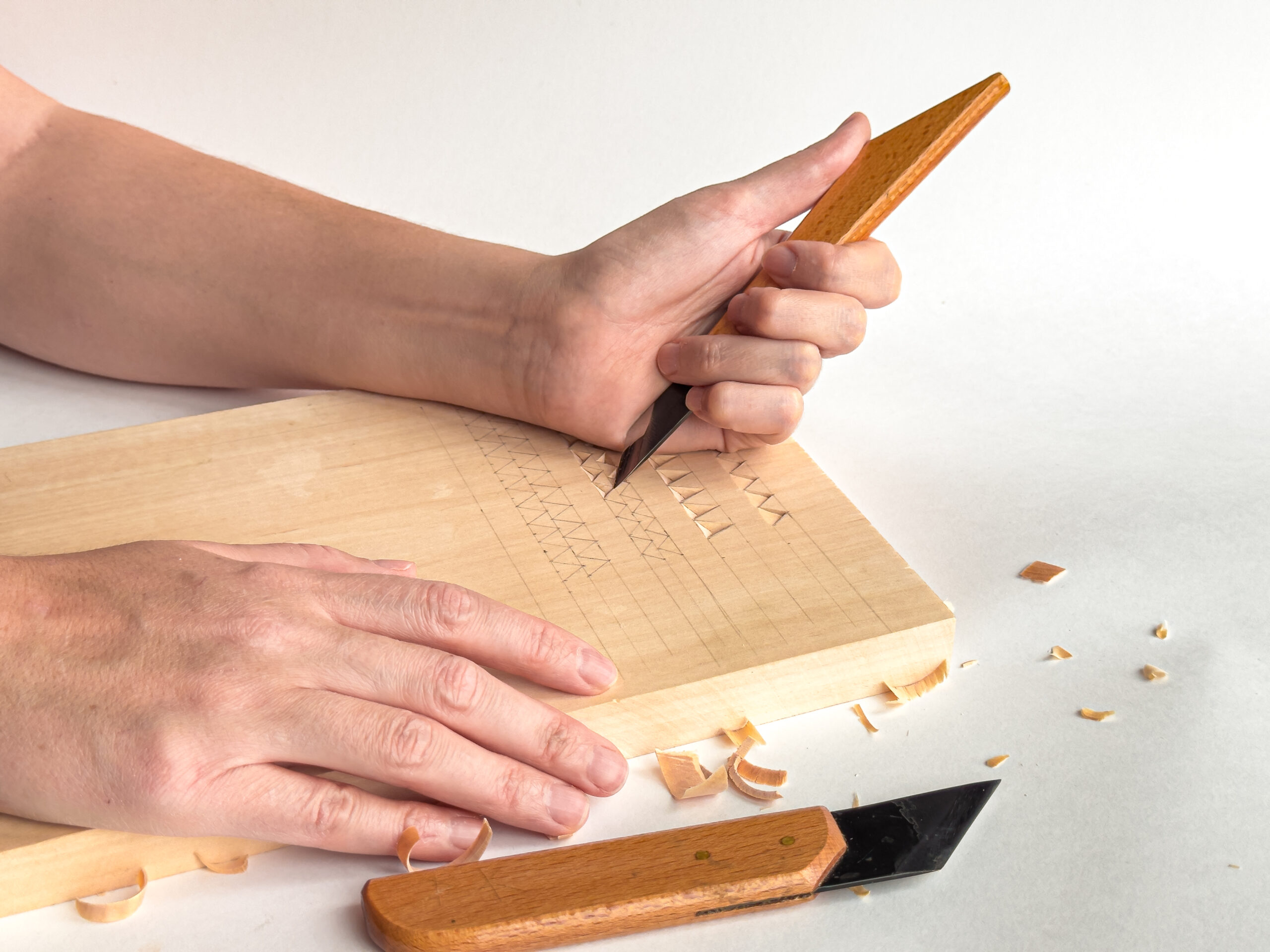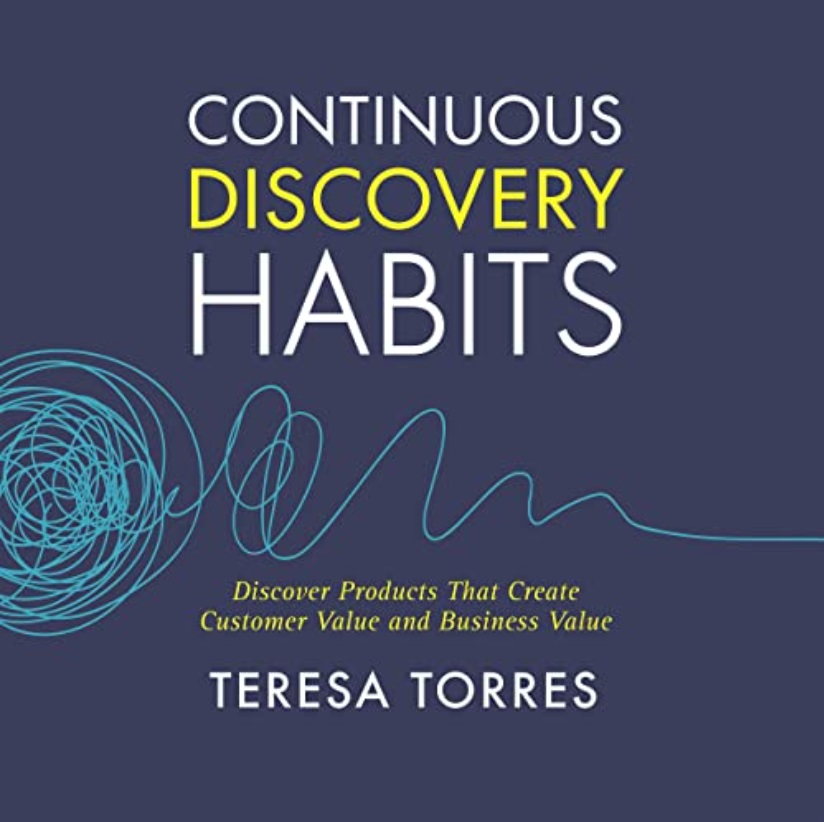- KEY POINTS
- Create a distraction-free environment to boost productivity and focus throughout your workday.
- Implement time-blocking and mindfulness practices to maintain concentration and limit interruptions.
- Regular reflection and small habit adjustments help sustain long-term focus and mental clarity.
Staying focused in today’s world feels like an uphill battle. With endless notifications, social media, and the constant hum of everyday life, finding that state of deep focus can seem impossible. I’ve been there—sitting down to work with the best intentions, only to find myself scrolling mindlessly 20 minutes later. But the good news? It doesn’t have to stay this way. Over time, I’ve discovered simple, practical ways to reduce distractions and train my mind to stay present.
This post isn’t about completely eliminating distractions overnight (I wish it were that easy). Instead, it’s about small, manageable shifts that add up over time. Whether you’re working from home, managing a busy household, or simply trying to be more mindful in your daily life, the tips I’ll share can help you build stronger focus habits. Let’s start with the basics—why distractions happen and what you can do to take control.
Table of Contents
ToggleUnderstand What’s Pulling Your Attention
The first step to reducing distractions is understanding their root cause. It’s easy to blame external factors—your phone buzzing, noisy environments, or even other people. But if I’m being honest, many of the distractions I face come from within.
Identify Internal Distractions
For me, internal distractions often stem from stress or boredom. If I sit down to work on something challenging, I sometimes catch myself looking for “easy wins,” like checking my email or organizing files. This mental avoidance is a form of distraction that’s harder to recognize but just as disruptive.
Track Your Distractions
One thing that helped me was keeping a distraction log for a week. Every time I felt pulled away from a task, I wrote down what distracted me and why. Patterns emerged—my phone was the biggest culprit, but I also noticed a tendency to wander when I hadn’t clearly defined my goals for the day.
Action Step:
Try logging your distractions for a few days. Reflect on the internal and external triggers pulling your focus. Are they recurring? What time of day do they happen most? This small habit creates awareness, the first step in making lasting change.
Create a Distraction-Free Environment
Once I became more aware of my distractions, I realized how much my environment influenced my ability to focus. It’s easy to underestimate how much clutter, noise, and disorganization pull at your attention. By making small adjustments to my surroundings, I created a workspace that supports focus rather than fights it.
Declutter Your Space
A messy desk equals a messy mind—at least for me. I used to keep everything I might need within reach, but over time, I realized most of it just added visual clutter. Now, I clear my desk at the start and end of each day, keeping only the essentials in front of me. A clean space makes it easier to dive into work without unnecessary distractions.
If you’re struggling with clutter, start small. Choose one area of your desk and clear it completely. The simple act of tidying a physical space can have a powerful effect on mental clarity.
Eliminate Noise
Noise is another common distraction, especially if you work in a shared or busy environment. I found that wearing noise-canceling headphones or playing instrumental music helps drown out background noise. If music isn’t your thing, white noise or nature sounds can create a calm atmosphere that promotes focus.
Action Step:
Take five minutes to declutter your workspace. Remove unnecessary items, organize loose papers, and create a clean, inviting environment. Notice how your focus shifts when you sit down in a space designed for productivity.
Limit Digital Distractions
My phone is by far my biggest distraction. Even with good intentions, it’s easy to pick it up for “just a second” and lose 20 minutes. Over time, I’ve learned to set boundaries that help me stay on track.
Turn Off Notifications
This was a game-changer for me. I turned off all non-essential notifications, leaving only calls and texts from family. The constant pings from social media or emails were breaking my focus more than I realized. If something is urgent, people can call. Everything else can wait.
App Limits and Focus Modes
I also use app timers and focus modes on my phone. For example, I set social media to lock after 30 minutes, and during work hours, I activate “Focus Mode,” which blocks distracting apps entirely. It’s a simple habit that keeps me honest about how I’m spending my time.
Physical Distance from Devices
Sometimes, the simplest solution is the most effective. I leave my phone in another room when I need to concentrate deeply. The extra effort it takes to get up and check it often deters me from mindless scrolling.
Action Step:
Try setting app limits or turning on Focus Mode for a few hours. Start small—block apps during your peak focus time and gradually extend it as you adjust to the new habit.
Strengthen Mental Focus
While creating a distraction-free environment is crucial, building focus also requires training your mind. I used to think focus was something I either had or didn’t, but I’ve learned that it’s a skill I can strengthen over time.
Practice Mindfulness
Mindfulness has been one of the most powerful tools in sharpening my concentration. When I catch my thoughts wandering, I gently bring them back to the present task. I started with just five minutes of mindfulness meditation each morning. Over time, this practice helped me stay more engaged throughout the day.
Even outside of meditation, I try to incorporate mindfulness into simple tasks. Whether I’m sipping coffee or walking to the store, I pay attention to the sensations around me. This awareness helps me return to the present moment more easily when distractions creep in.
Single-Tasking Over Multitasking
I used to pride myself on multitasking—until I realized it was draining my energy and reducing the quality of my work. Now, I focus on one task at a time. I keep a notepad nearby to jot down unrelated thoughts and ideas that pop up, so I can revisit them later without losing momentum.
If you feel scattered, try dedicating just 10-15 minutes to a single task. It’s incredible how much more productive and calm I feel when I’m not splitting my attention between five things.
Set Small, Achievable Goals
Large projects used to overwhelm me, leading to procrastination and distraction. Now, I break them into smaller tasks. Instead of writing “Finish project” on my to-do list, I write “Draft intro” or “Research two articles.” Each small win builds momentum and confidence.
Action Step:
Choose one task you’ve been putting off and break it into three smaller steps. Focus on completing just the first step today, and notice how your energy shifts once you make progress.
Build Breaks into Your Routine
Taking breaks felt counterintuitive to me at first. I thought pushing through tasks without pausing meant I’d accomplish more. But I quickly learned that skipping breaks made me sluggish and less productive.
Follow the Pomodoro Technique
Now, I use the Pomodoro Technique—a method where I work for 25 minutes, then take a 5-minute break. After four cycles, I take a longer 15-30 minute break. This approach has transformed how I work, giving my brain a reset while still maintaining productivity.
Physical Movement During Breaks
During breaks, I make a point to stand up and stretch or take a quick walk. Even a short burst of movement helps boost my energy and focus. If I’m feeling restless, I’ll walk around the block or do a few jumping jacks.
Mental Breaks for Refreshing Focus
Sometimes, I take mental breaks by stepping away from screens altogether. I’ll read a chapter from a book, journal for a few minutes, or simply close my eyes and breathe deeply. This mini-reset clears mental clutter and helps me return to my work with renewed focus.
Action Step:
Experiment with the Pomodoro Technique for your next task. Set a timer for 25 minutes and commit to working without interruption. When the timer rings, take a 5-minute break to stretch or rest your mind.
Develop Long-Term Focus Habits
Building focus isn’t something that happens overnight. Just like strengthening a muscle, it takes consistent effort. Over the past year, I’ve discovered that small daily habits make the biggest difference in eliminating distractions and boosting concentration for the long haul.
Establish a Morning Routine
How I start my day often sets the tone for how focused I’ll be. On days when I jump straight into emails or social media, I feel scattered before I even begin working. Now, I prioritize a calm, focused morning routine.
I start with 10 minutes of stretching, followed by writing down three main tasks I want to accomplish. By aligning myself with my goals early, I’m less likely to be pulled off track by distractions.
Limit Digital Overload
Constant notifications used to be one of my biggest distractions. I’d tell myself I was “just checking” a message, but suddenly 15 minutes would pass. Now, I silence non-essential notifications during work hours and only check my phone during breaks.
I also limit how many tabs I keep open. At most, I allow three tabs: one for my current task, one for research, and one for communication. This simple habit keeps my attention focused and prevents me from mindlessly clicking around.
Schedule Focus Blocks
One of the most effective strategies I use is time-blocking. I dedicate specific blocks of time in my day to deep work, free from distractions. During these blocks, I treat my focus as a non-negotiable appointment.
If you’re just starting, block out 30 minutes of undisturbed time each day. Gradually increase this as your ability to concentrate grows. Protect this time by letting others know you’re unavailable, and resist the urge to multitask.
Action Step:
Try scheduling one 30-minute focus block into your calendar this week. Treat it as seriously as you would a meeting, and notice how much more you accomplish.
Reflect and Adjust Regularly
Even the best strategies need tweaking over time. I’ve found that regularly reflecting on what’s working and what isn’t helps me stay consistent. Each week, I review my progress and ask myself:
- What distractions pulled me away this week?
- How can I improve my environment or routines?
- Did I stick to my focus blocks, and if not, why?
By checking in with myself, I can spot patterns and make small adjustments to keep improving.
Celebrate Progress, Not Perfection
It’s easy to get discouraged if you slip up, but I’ve learned to celebrate small wins instead. Whether it’s completing a project or simply resisting the urge to check my phone, every step forward counts.
Action Step:
Set aside 10 minutes this Sunday to reflect on your focus habits. Write down one thing that went well and one area for improvement. Use this to guide your focus for the following week.
Conclusion
Staying focused in a world full of distractions isn’t easy, but it’s absolutely possible with the right habits. By creating a distraction-free environment, practicing mindfulness, and committing to small daily changes, I’ve found myself accomplishing more with less stress.
Remember, focus is a skill you build over time. Be patient with yourself, and celebrate the progress you make along the way. Each day you commit to even one small habit brings you closer to mastering your focus.
If you’re ready to take control of your attention, start small. Implement one or two of these tips this week and observe how they affect your productivity. Before long, eliminating distractions will feel like second nature.



